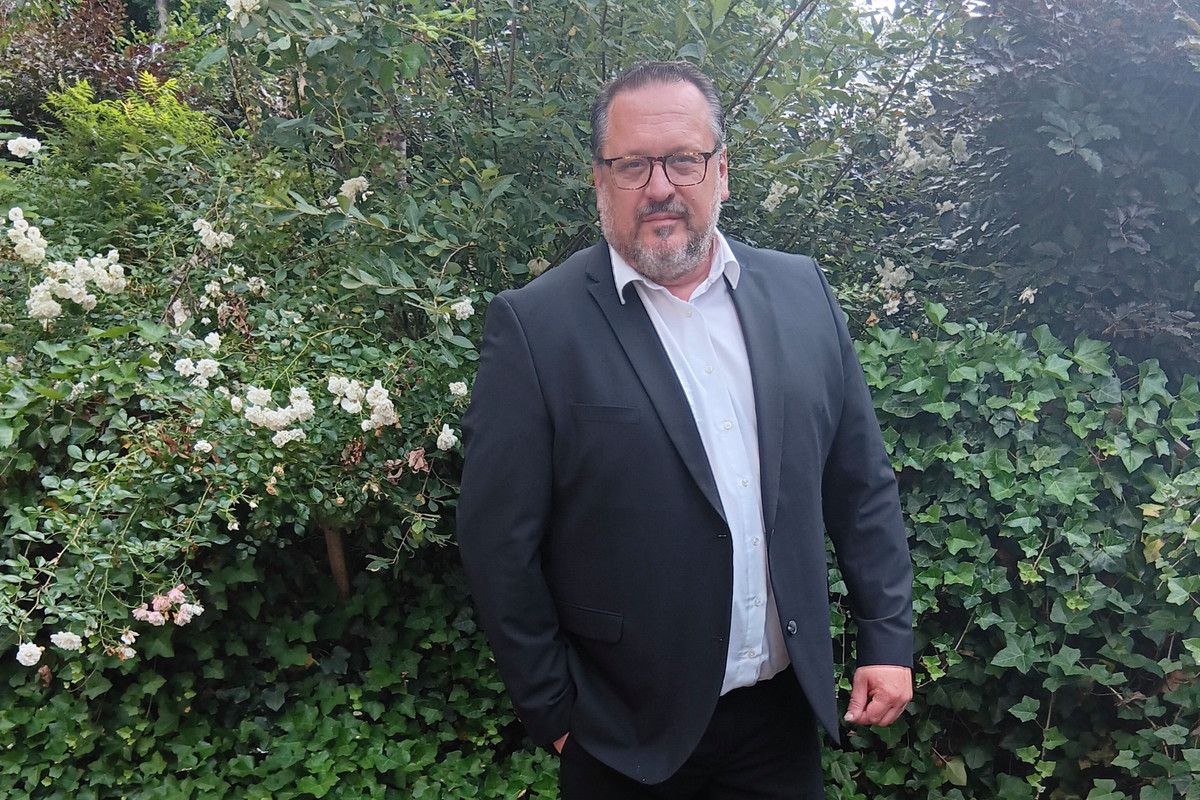Stéphane Assemat said the company’s goal is threefold: to serve its existing customer base with a presence in Luxembourg, to increase its customer base and, ultimately, to expand into Belgium and the Netherlands. “We already have big customers in Great Britain and Switzerland. The fact that we now have an office in Luxembourg allows us to support these clients in multiple jurisdictions.
Mr. Assemat has more than 30 years of experience in the financial industry, primarily in fund management, life insurance and private banking. In 2010, Mr. Assemat moved to Geneva where he held several senior positions within HSBC’s private banking division. In March of this year, he returned to Luxembourg after being appointed partner of Sionic where he will oversee the company’s expansion in Switzerland and the Benelux region. “I was born in Luxembourg. I speak Luxembourgish and have spent a large part of my life here. So I’m very happy to be back,” he says.
Sionic, part of the Davies Group, employs more than 450 people across North America, Europe and Asia. The company already has European offices in London and Madrid. According to Mr. Assemat, developing a local presence in Luxembourg was key to understanding the market’s needs. “It is a market where you have to be physically present, speak the local languages and where, of course, we can bring our skills and practice.
Sionic’s offices are located in Rollingergrund. The company plans to start small and gradually expand the business. Mr. Assemat plans to hire between three and five people in the next two years.
Customer habits have changed dramatically. You have to be constantly alert and constantly thinking about the direction you want to go.
Technology driving market transformation
Sionic supports clients across a wide range of industries, including insurance, life, financial crime, risk, regulatory and technology. Sionic’s technology-focused culture, mix of consultants and practitioners, and support from the Davies Group have given the company a competitive edge, according to Assemat. “We have great expertise in UX, digital, artificial intelligence and have a wide range of knowledge and capabilities, but we are small enough to develop personal relationships with our clients.”
Mr. Assemat also points out that tracking regulations, data management and the desire to automate tasks are among his clients’ biggest challenges. “Our goal is to enable automation, better use of technology, including data analytics and end-to-end digitization within a regulatory framework and in a way that protects users.” For Mr. Assemat, recruitment was also a big challenge for his clients. “The job market is tight and it’s very difficult to find the right people.”
The world is changing rapidly, driven by technological advances, geopolitical changes and the long-term effects of the pandemic. According to Mr. Assemat, these changes have led to new customer expectations. “Customer habits have changed dramatically. You have to constantly be alert and constantly think about the direction you want to go.”
The need to remain agile
According to Mr. Assemat, the rapid pace of technological change will require companies to be agile and regularly implement minimum viable products. “If you start a project today that will last five years, it is very difficult to predict where we will be in five years. In other words, you run the risk if you don’t apply an agile approach to working with incremental deliveries.”
Looking to the future, Mr. Assemat believes that the next five to ten years will be crucial for Luxembourg in terms of technological progress. “In order to remain competitive, Luxembourg must prioritize automation, providing improved data, reporting and customer service. Caution and adaptability will be key in managing these changes.”
Mr. Assemat also believes that artificial intelligence will play an increasingly important role in everyday business and that companies must invest in data management solutions. “Today, the backbone of everything is data. The question is how we can feed this data to automated functions.”
This article was published for the Delano Finance newsletter, a weekly source of financial information in Luxembourg. Subscribe via this link.


